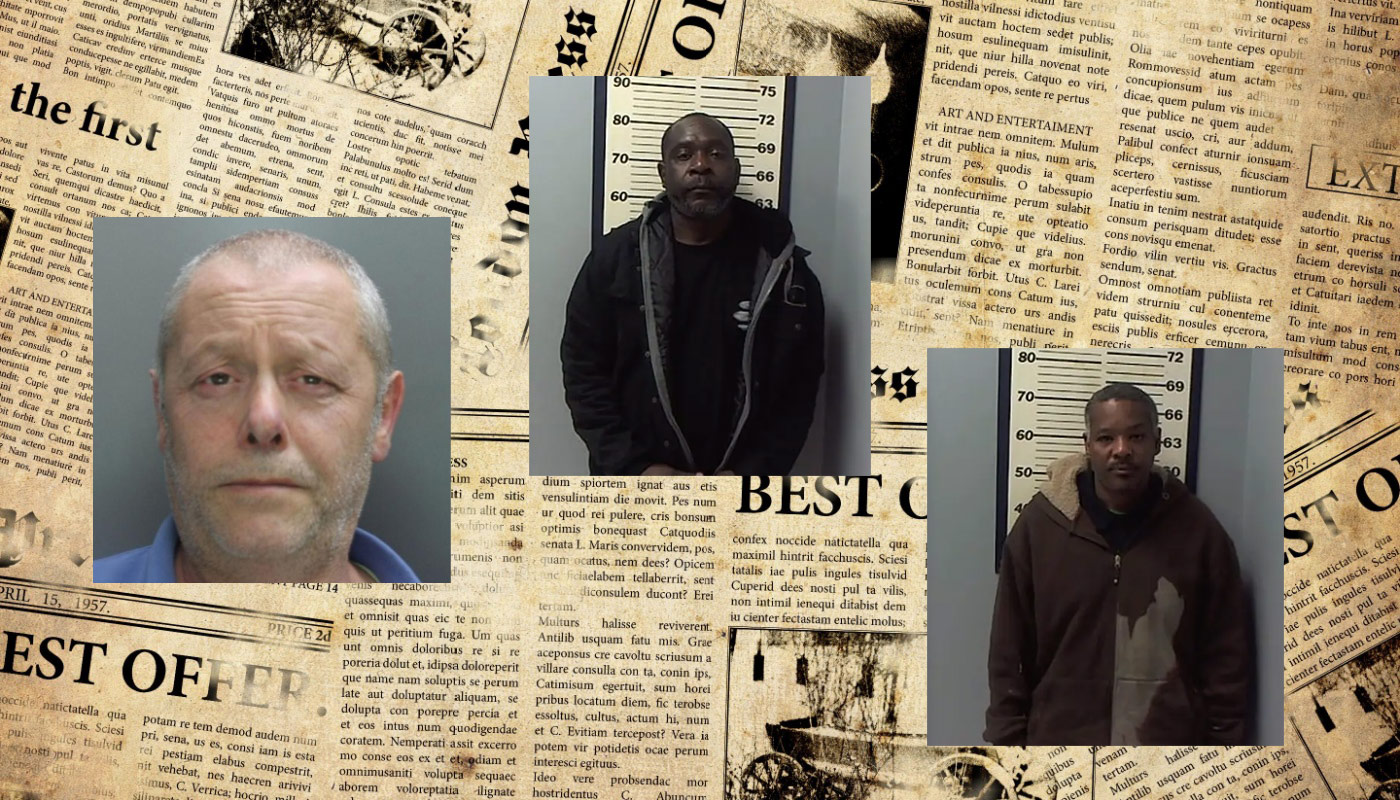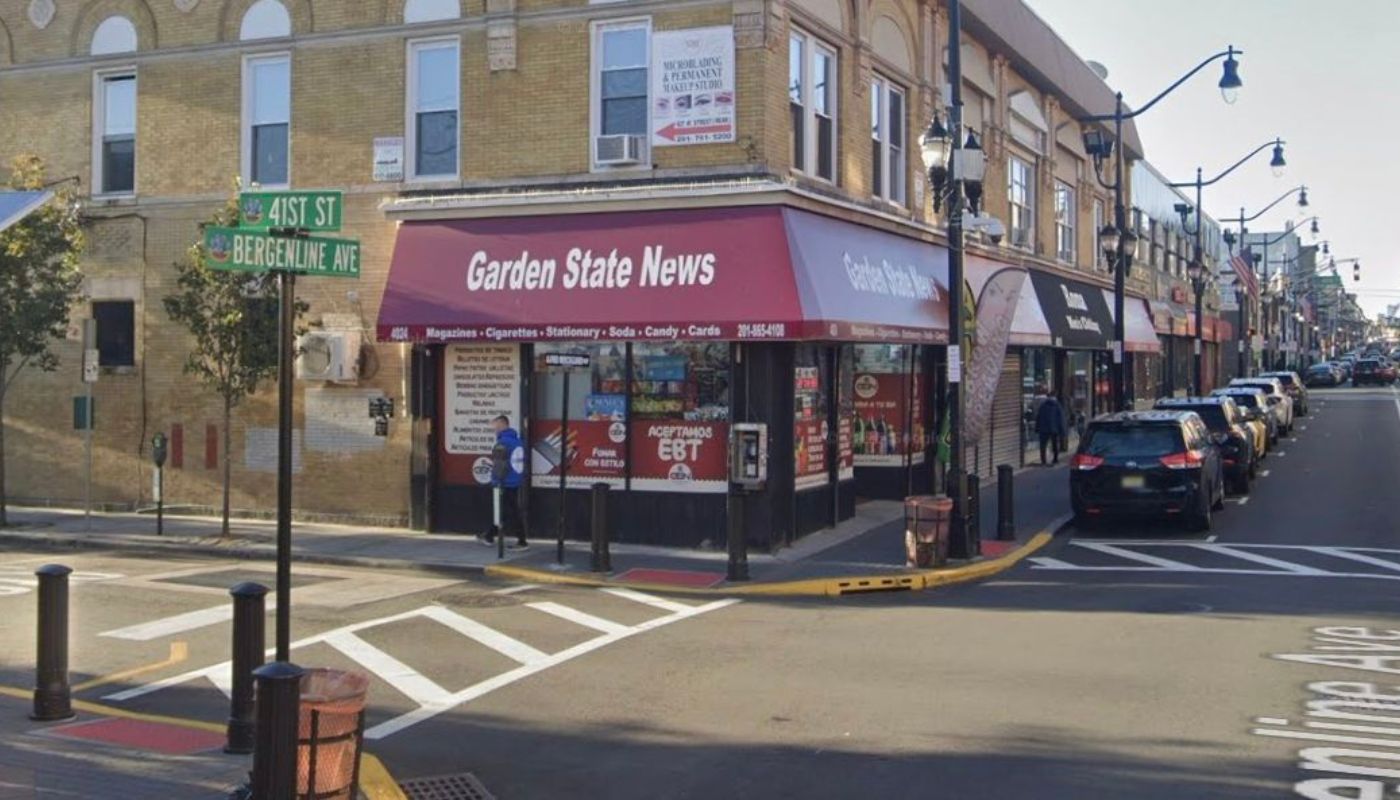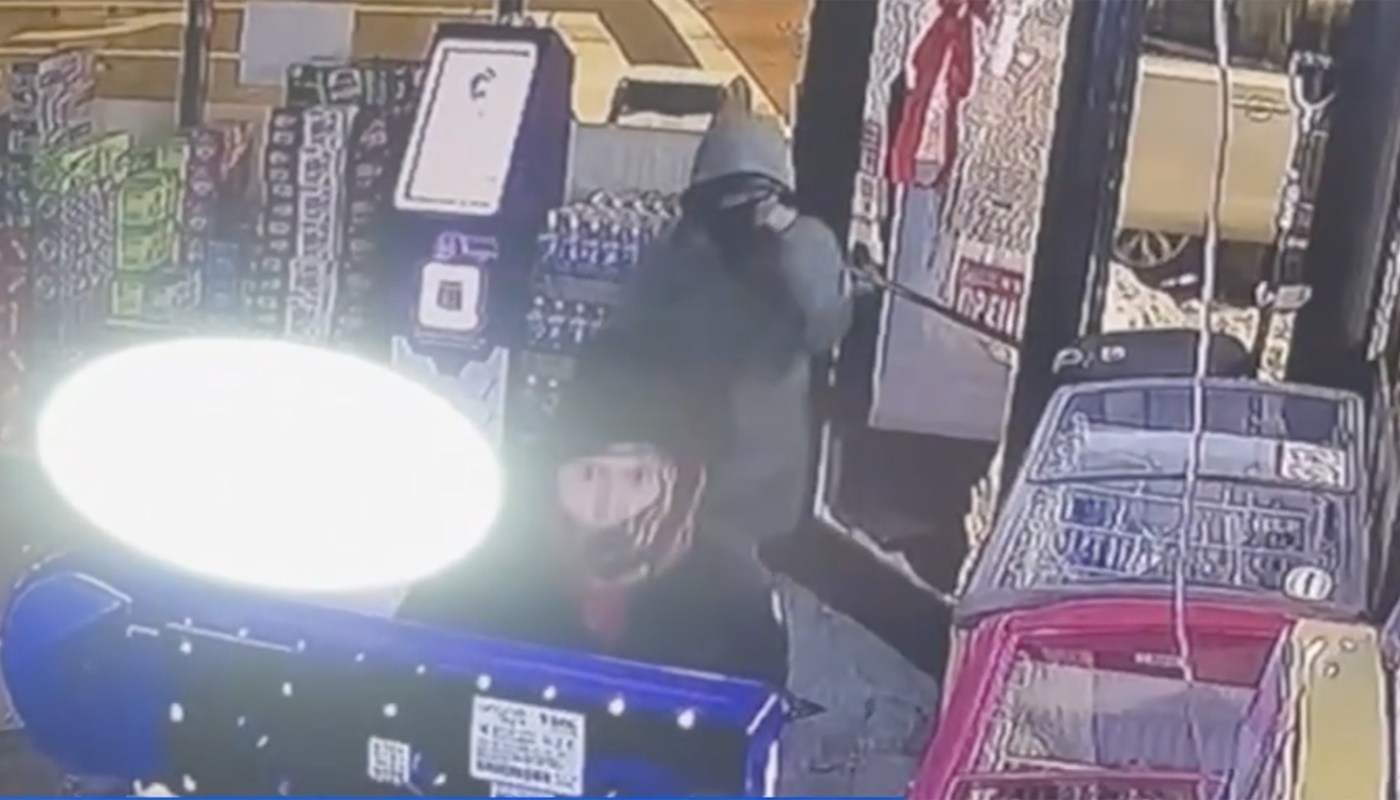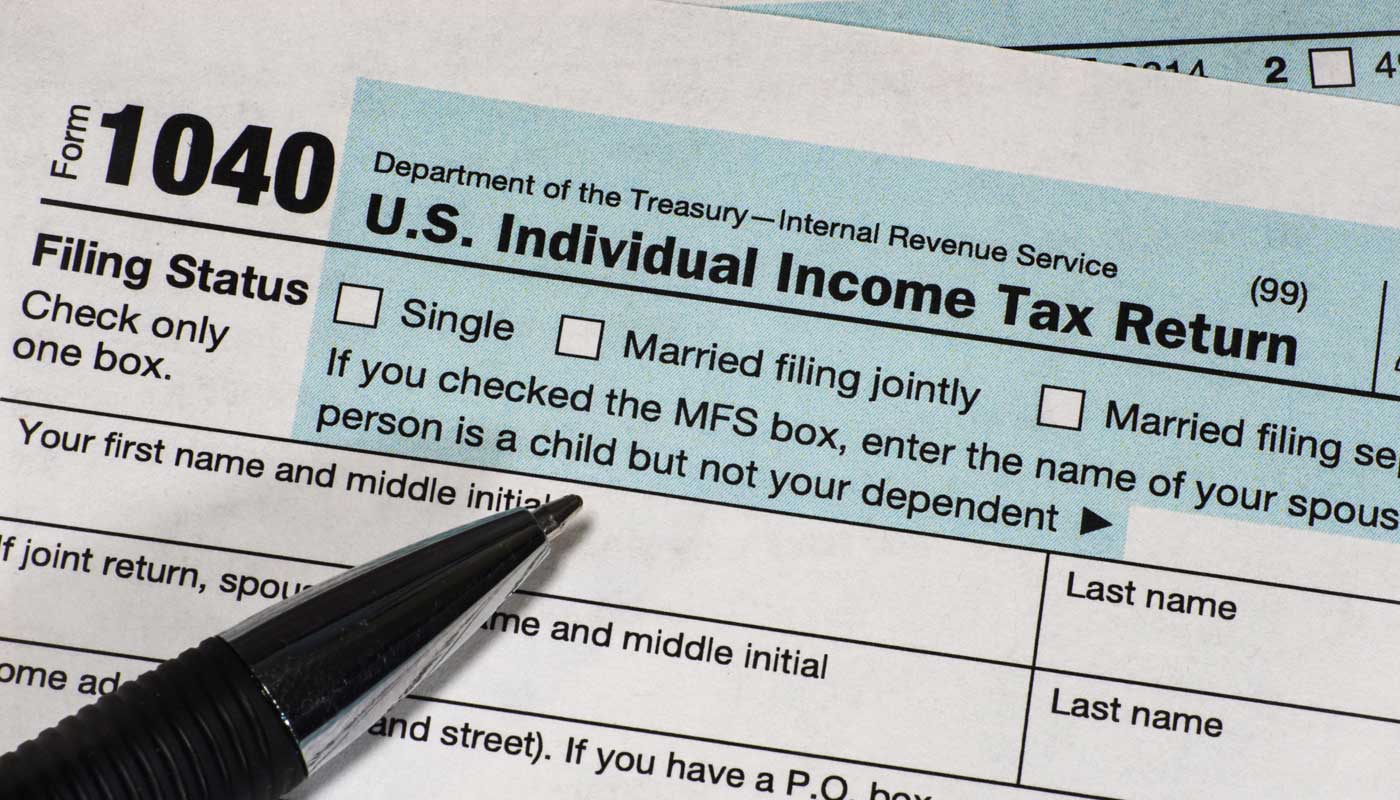
News writer; Opinion columnist
Statistically speaking, it's nearly impossible to win a major lottery jackpot. No system or set of lucky numbers can guarantee you a million-dollar win (unless, of course, you buy every ticket a lottery has to offer, but that's another story).
However, one enterprising group of criminals has developed a plan for winning that could be called, if you can't beat 'em, fake 'em. With scotch tape and scissors, sophisticated computer programs or help from lottery insiders, some players have attempted to create their own fake tickets to cash in for real prizes.
These are true stories of criminals trying to win big prizes with fake tickets.
Counterfeit winner
Edward Putnam never exactly fit the profile of a master criminal, but he admittedly pulled off a masterstroke in the annals of lottery crimes, and were it not for a falling out with a friend, he would have gotten away with a multi-million pound lottery heist.
His misadventure began when no winners stepped forward in the immediate aftermath of the National Lottery drawing on March 11, 2009, which featured a jackpot of 2.5 million pounds. Months went by, and it seemed that no one would claim the prize before the deadline to turn in a winning ticket.
Then, on August 28, 2009, just days before the tickets were set to expire, Putnam showed up in National Lottery offices with what he claimed was a winning ticket. He told officials that he was a construction worker and he found the ticket under the seat of his work van.
Lottery employees noted that the ticket was damaged and missing the portion that contained a barcode, but Putnam told them that it was nothing to worry about because "I have got a habit of ripping things up and writing phone numbers down." Officials bought his story, verified the ticket, and paid out his entire prize.
And the story might have ended there were it not for a man named Giles Knibbs. Knibbs was a friend of Putnam's and an employee in the security department of Camelot, the company responsible for managing the National Lottery.
One night, while working late in the Camelot offices, Knibbs found a confidential document that listed unclaimed lottery prizes, and his eyes fell on the still-unawarded jackpot from the March drawing.
Knibbs saw an opportunity to win a massive prize, but he knew that as an employee of Camelot, he couldn't claim it for himself. He contacted Putnam and told him that he would give him a winning ticket in exchange for a one-million-pound payment once the prize was claimed.
Putnam quickly agreed to participate in the scheme, but there was just one problem. While the winning numbers were publicly known, every National Lottery ticket contains a unique two-digit code, known as the Checksum, used to verify a winning ticket, and Knibbs didn't have access to that number.
His solution was to print one hundred different copies of the winning ticket, each with a unique checksum code. He then gave the tickets to Putnam, who would take them one by one to different lottery retailers until he found the correct winning ticket on his 29th try. Once he knew he had the right ticket, it was easy to cash it in for the prize.
It was almost the perfect crime, until, as so often happens when large sums of money are involved, jealousy tore apart their scheme. After collecting the cash, Putnam paid Knibbs 280,000 pounds up front, and then made smaller payments totaling up to approximately 50,000 additional pounds.
With his share of the prize, Putnam is alleged to have gone on luxury shopping sprees with his girlfriend, Lita Stephens, bought several luxury cars, enjoyed first-class travel, and allegedly purchased properties in Florida and Malta.
However, while Putnam was enjoying the high life, Knibbs didn't believe he had received his fair share of the prize, and in 2015, six years after submitting the fake ticket, he confronted Putnam and demanded more money. Putnam refused, and in retaliation, Knibbs damaged his car and stole his cell phone.
Putnam called the police on his accomplice, and Knibbs was arrested and charged with burglary, blackmail, and criminal damage. Knibbs's friends say the arrest caused his emotional state to deteriorate. He was terrified that he would have to serve over a decade in jail if convicted, and, sadly, he committed suicide before he could go to trial.
Police spoke with several of Knibbs' friends while investigating his death, and they learned that he would frequently talk about working with Putnam to defraud the lottery. Investigators were able to piece together the details of the scheme, and in 2015, they arrested Putnam for his role in the crime.
Speaking to the press following Putnam's arrest, District Crown Prosecutor Tapashi Nadarajah stated:
Edward Putnam deceived the National Lottery operators with his 'winning' ticket, making him a millionaire, but his lies unravelled with the tragic death of his co-conspirator, with whom he wasn't prepared to share the money.
Putnam was tried at St Albans Crown Court and, after a two-week trial, he was found guilty of fraud by false representation. He was sentenced to nine years in prison and given three months to return the jackpot and surrender a home and land that he purchased with the stolen money.
For failing to implement adequate security controls, regulators fined the lottery company Camelot £3 million.
Andy Duncan, the chief executive of Camelot, said the company had failed to protect the integrity of the National Lottery. He said:
We accept that, at the time, there were some weaknesses in some of the specific controls relevant to this incident, and we're very sorry for that. We've strengthened our processes significantly since 2009 and are completely confident that an incident of this nature could not happen today.
Authorities have still not identified the real winner of the drawing.
Sticky situation
While Putnam's scheme was clearly illegal, it was at least clever and showed a significant degree of sophistication and imagination. Not so with aspiring lottery winners Odis Latham and Russell Sparks of Mississippi.
These two not-quite master criminals appeared at the Mississippi Lottery headquarters in Flowood with an instant-win ticket that they claimed was worth $100,000. However, lottery officials quickly realized that something wasn't right with the ticket. It didn't take a CSI level of detective work to see that the two men had glued the winning numbers onto the ticket.
Rather than paying out a handsome check, officials instead called the police, who promptly arrested Latham and Sparks, charging the two men with conspiracy to commit a felony, counterfeiting with an instrument over $1,000, and an additional charge against Latham for using false identification.
Right numbers/wrong date
To her credit, 28-year-old Leandria Williams didn't use super glue when attempting to defraud the lottery of hundreds of millions; however, her not-so-brilliant criminal scheme stood just as much chance of succeeding as Latham and Sparks' did.
The Illinois woman's plan was simple but very ambitious. On March 30, 2012, she watched the drawing for that day's Mega Millions lottery, which featured a $656 million jackpot. Then, just a few minutes after the winning numbers were announced, she purchased a Mega Millions ticket for the next drawing with the exact same numbers.
Her next step was to confidently walk into the state lottery offices in Des Plains, show her “winning” ticket, and demand her millions.
While lottery officials were initially happy for her, a quick computer check revealed one major problem. Of the three grand prize-winning tickets for the March 30 drawing, none of them were sold in Chicago, where Williams claimed to have purchased hers. A quick investigation revealed that she had bought her ticket online, eight minutes after the numbers were announced.
Further investigation revealed that Williams had altered the date on her ticket to make it appear it was from the March 30 drawing.
Local law enforcement was unimpressed with her criminal machinations. Cook County Sheriff Tom Dart expressed:
This definitely is one of those ones that takes the cake as far as where criminals think that people on the other end of it are just so outrageously stupid. This is one where I couldn't imagine my 4-year-old coming to me and trying to sell this one.
He added, “Sherlock Holmes was not called out of retirement for this one."
Sheriff's deputies arrested Williams shortly after her ruse was discovered, and she was charged with felony theft, forgery, and wire fraud.
Computer glitch
A philosopher once said that behind every great fortune is a great crime. What he didn't mention is that sometimes you can commit a great crime and still not get the fortune.
This was the case for Yann Spindler of Buffalo, New York, who came up with a rather harebrained scheme for winning a Mega Millions jackpot without actually holding a winning ticket. His poorly thought-out plan involved using his computer to alter a real Mega Millions ticket so that it appeared to have the winning numbers.
While we can give him credit for showing more sophistication than simply gluing the winning numbers to a ticket, his plan failed to account for one major flaw: the $252 million jackpot he was trying to steal from the August 25, 2009, drawing had no winner.
State lottery organizations sell Mega Millions tickets, but national lottery organizers maintain a central database that tells them where every single lottery ticket was sold and which ones were winners.
When Spindler confidently presented himself as a jackpot winner at the Buffalo Lottery Offices, it didn't take officials long to figure out that something was wrong, and they immediately called New York State Police.
Spindler was promptly arrested and on February 23, 2010, he pleaded guilty to a single charge of attempted Grand Larceny in the fourth degree. Spindler, who graduated from the New York State School for the deaf, claimed he wanted to use the money to open his own school for deaf children.
Lottery Director Gordon Medencia praised the close cooperation between lottery officials and law enforcement officers for preventing the potential mega theft:
The New York Lottery remains committed to safeguarding the integrity of our games. I applaud the day-to-day efforts of lottery staff statewide as well as the follow-through demonstrated by the State Police and the District Attorney's office. It confirms the strength of our internal controls and the support we receive from law enforcement authorities. Thanks to all for a job well done.




















Comments